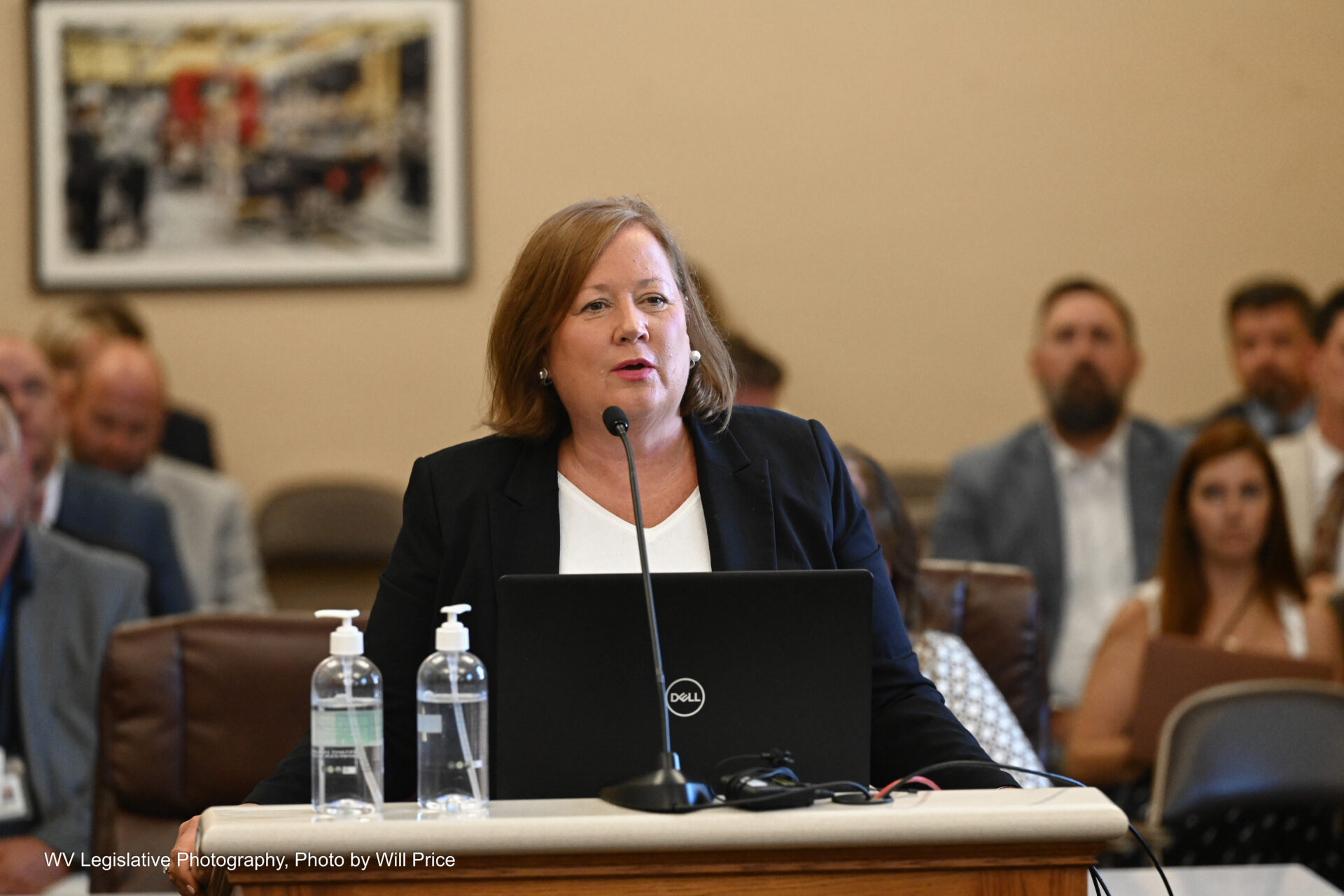Lawmakers had questions Tuesday about a seven-year project to modernize West Virginia’s public assistance programs.
The program, called People’s Access To Help, or PATH, makes it easier for the public to access programs like Medicaid, food assistance and its child welfare system.
Secretary of the Department of Human Services (DoHS), Cynthia Persily testified during a meeting of the Legislative Oversight Commission on Health and Human Resources Accountability (LOCHHRA) about the cost and implementation of the program.
In 2017, West Virginia contracted with Optum to develop a system to help the agency efficiently manage public access.
The client portal became accessible in February 2020. According to Persily, the project’s progress remained consistent after the Child Welfare portion became operational in January 2023, streamlining data to support DoHS staff in investigating child welfare cases.
In April 2024, the Integrated Eligibility and Family Assistance service went live, followed by the Child Support services and Integrated Eligibility and Child Care services in July 2024.
These services allow West Virginians to determine and track their eligibility for assistance programs. They will also help DoHS staff manage child support workflows and process payments to providers who care for those with disabilities.
The base $308 million contract lasted six years, with optional one-year renewals for four years. Persily testified DoHS is in optional year two.
DoHS paid in portions as the vendor satisfactorily met benchmarks and has paid $103 million as of August 2024, Persily said. The federal portion is $89 million and $14 million is the state share.
“I suspect we’re going to get close to that amount in the design, development and implementation,” Persily said. “There are additional invoices, the additional benchmarks that were met.”
According to the U.S. Department of Health and Human Services Administration for Children and Families (ACF), West Virginia is the only state with an operational Comprehensive Child Welfare Information System (CCWIS).
However, Persily testified on Tuesday the WV PATH system needs to be certified by the federal government.
“Different agencies from the federal government will have to certify this system,” Persily said. “We are not yet certified, but we are in the process of doing that, and that’s just a part of the normal process.”
Persily said the project contract has moved from the “implementation stage” to the “management and operation stage,” which will be handled by a “reorganized Management Information Services (MIS) department” within the Office of Shared Administration.
“We are reorganizing so that our MIS system has much more ownership of this project and can assist us with a number of the different functions,” Persily said. “So that will be helpful that will lower our costs going forward when we have in-house expertise and not paying vendors.”
During questioning by Sen. Vince Deeds R-Greenbrier, Persily said DoHS will prepare a request for proposal (RFP) when the contract with Optum reaches its 10th year.
“We will constantly (need) updates, constantly need security, and so we will need a vendor to continue with the project,” Persily said. “It will depend on who responds and wins the RFP.”
Appalachia Health News is a project of West Virginia Public Broadcasting with support from Marshall Health.
